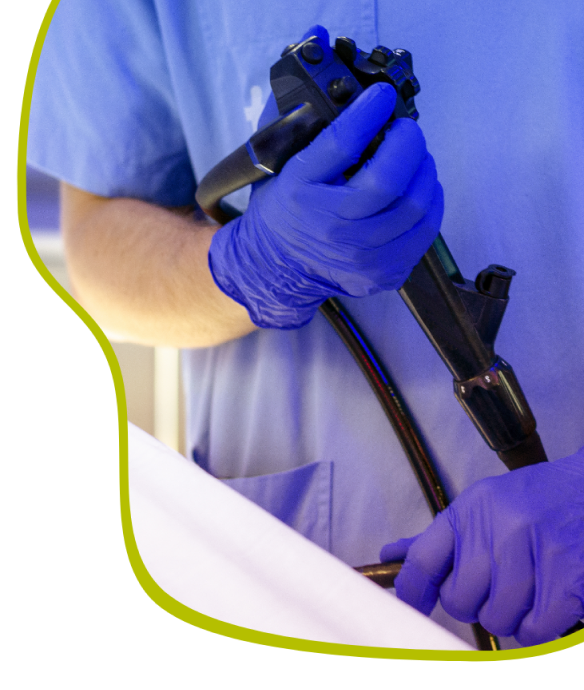This highly specialised virtual training course provides theoretical knowledge and multiple tips and tricks to implement optical diagnosis of early CRC in clinical practice.
Scientific evidence of optical diagnosis with zoom or magnification in Japanese reference centres has shown high effectiveness in predicting the histology and, therefore, selecting the indication for advanced endoscopy treatments (such as submucosal endoscopic dissection, piecemeal, endoscopic mucosal resection) and surgery.
TOD early CRC platform aims to improve optical diagnosis of early colorectal cancer and estimate the histology in lesions found during a colonoscopy so that, based on the colonoscopy report, the endoscopist and a multidisciplinary committee may make a treatment decision considering other patient-related and local factors.
The content of the platform is aligned with the recommendations of international guidelines such as ESGE, ASGE, and JGES. This might help homogenise and centralise advanced procedures to offer optimal treatment to each patient.
Duration: 30 hours.
Modality: online, includes scheduled activities.
Language: What you need to know ➔ English | Practical knowledge ➔ Spanish.
Access to contents: 6 months.
Target participants: only for LODIP clinical trial participants.
Endorsement: the course is endorsed by the Spanish Association of Gastroenterology (AEG), the Spanish Society of Digestive Endoscopy (SEED), and the Pan-American Gastroenterology Organisation (OPGE).
Cost: free.
Prior to the commencement of the course, participants will be encouraged to have an overview of the course by viewing a multimedia video, registering their endoscopist characteristics and answering 20 image-based questions. Following the test, the participants will be ready to start the modules. On completion, the participants will answer the same 20 image-based questions.
Modules
- Decision-making in the treatment of colorectal polyps. Is there room for improvement?
- Understanding the pathologist’s perspective
- Image-enhanced endoscopy
- The assessment with white-light imaging
- Dye-based chromoendoscopy with indigo carmine
- Virtual chromoendoscopy without magnifying endoscopy
- Virtual chromoendoscopy with magnifying endoscopy
- Dye-based chromoendoscopy with crystal violet and magnifying endoscopy
- Special cases and limitations
- Summary of the invasive pattern
Sharing knowledge
Two online face-to-face meetings with one of the panel of tutors will be planned in advance with no more than 10 participants. The participants will choose among different dates and time options. Modules 1-to-5 will be discussed in the first meeting and modules 6-to-10 in the second.
Personalised feedback
In the following months after finishing the last module, participants will be able to upload the videos of 3 lesions assessed in routine clinical practice and receive feedback from the tutor.
Download the TOD early CRC’s Work plan

